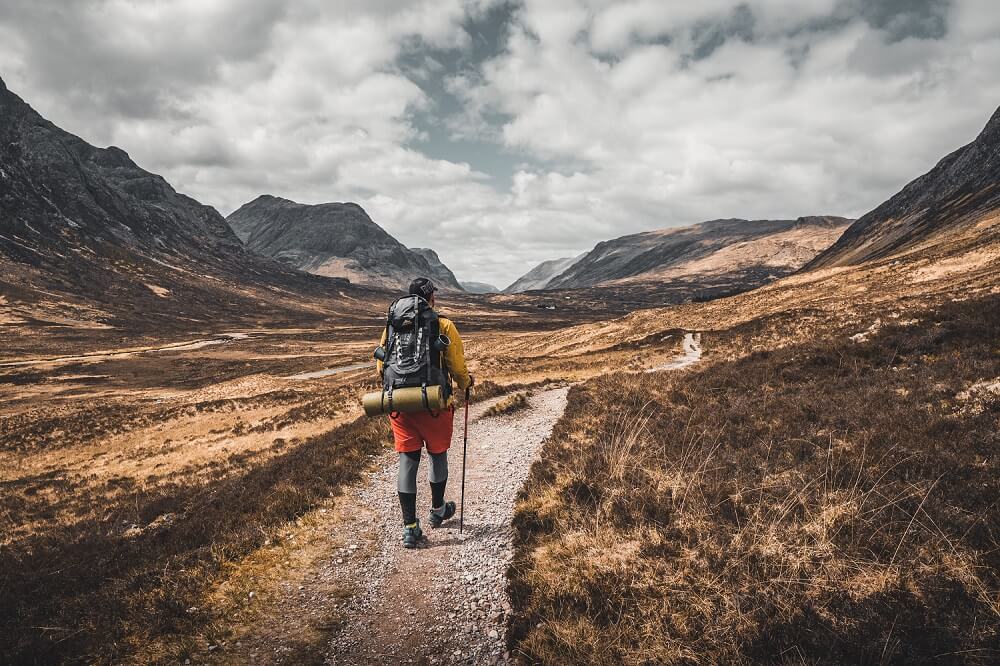
What does traveller mean?
A traveller is someone who journeys from one place to another, often for pleasure, exploration, or to experience different cultures, landscapes, and activities. Travellers can be individuals, families, or groups who embark on trips for various reasons, such as leisure, adventure, business, or to seek new experiences and broaden their horizons. They engage in activities like sightseeing, visiting landmarks, immersing themselves in local customs, and experiencing the unique aspects of the places they visit.
| What does traveller mean? |
|---|
| 1. What does traveller mean? |
| 2. The Many Meanings of the Term "Traveller" |
| 3. From Tourists to Digital Nomads: The Evolution of Travel Culture |
| 4. Travelling as a Means of Personal Growth and Self-Discovery |
| 5. The Responsibilities of Travellers in Today's World |
| 6. Travelling for Cultural Exchange, Economic Development, and Diplomacy |
| 7. The Benefits and Challenges of Modern-Day Travel |
| 8. Conclusion |
Introduction
Travelling is a millennia-old practise that has been a part of human life. From ancient trade routes to modern-day tourism, the act of travelling has evolved and taken on many different meanings and connotations. In this blog, we will see different kind of meanings for the
word “traveller”. And we also see the traveller culture.
Traveller Meaning
1. What does traveller mean?
“Traveller” can apply to somebody who moves from one location to another. But it has also developed more distinct cultural and societal connotations.
A traveller, for instance, maybe someone who is continuously on the road in certain cultures, while in others, the term may particularly refer to a group of individuals who adhere to a certain lifestyle or set of ideas.


2. The Many Meanings of the Term "Traveller"
Depending on the context, the term “traveller” can mean a variety of things. For example, it may refer to tourists, backpackers, digital nomads, or business travellers.
Each of these groups has its own unique experiences and motivations for travelling.
3. From Tourists to Digital Nomads: The Evolution of Travel Culture
As more people began to travel for pleasure rather than profit in the twentieth century, travel culture underwent significant changes.
The advent of remote employment and digital nomadism in recent years has further altered how people interact with travel culture.


4. Travelling as a Means of Personal Growth and Self-Discovery
Most people do travel for stress relief, personal growth and self-discovery.
It offers a chance to venture beyond of one’s comfort zone, discover different cultures and viewpoints, and develop a more comprehensive awareness of the world.
5. The Responsibilities of Travellers in Today's World
As the world becomes increasingly interconnected, the act of travelling comes with responsibilities.
Travellers have an obligation to maintain the traditions and societies of the spots they visit, lessen their natural effects, and back the local economy.


6. Travelling for Cultural Exchange, Economic Development, and Diplomacy
Travelling can also have broader societal benefits beyond personal growth and self-discovery. It can promote cultural exchange and understanding, foster economic development, and promote environmental sustainability.
It can also be a means of promoting peace and diplomacy between countries and peoples.
7. The Benefits and Challenges of Modern-Day Travel
While contemporary travel has given people new possibilities to see the world and interact with others, it also presents difficulties.
These include issues such as over-tourism, the impact of travel on the environment, and the need to balance economic development with cultural preservation.

Conclusion
“Traveller” has various implications and subtleties. While it tends to be utilized to portray somebody who moves starting with one area and then onto the next, it has additionally come to incorporate social, political, and social implications that mirror the assortment and intricacy of human encounters. Allow us to examine our general surroundings with interest, obligation, and regard as we work to make a more interconnected, serene, and manageable world for all. I hope this blog helps you to understand the meaning of the traveller.
F.A.Q.
A traveler, often spelled as ‘traveller’ in British English, is an individual who embarks on a journey, typically for leisure, exploration, business, or cultural purposes. The act of traveling involves visiting different geographical locations, experiencing various cultures, and gaining exposure to different ways of life.
In the modern context, a traveler is characterized by their adaptability, openness to new experiences, reliance on technology for navigation and research, and an inclination towards sustainable and responsible travel practices. Additionally, a modern traveler is often seen as someone who values cultural immersion and seeks authentic local experiences.
The motivation behind individuals choosing to become travelers varies widely, including the pursuit of adventure, the desire to broaden one’s perspective, the quest for personal growth, the need for relaxation and rejuvenation, and the aspiration to create lasting memories. Additionally, some are driven by the urge to escape their daily routines and explore diverse environments.
For first-time travelers, it is crucial to plan ahead, research the intended destination thoroughly, pack essentials, remain open-minded, respect local customs and traditions, prioritize safety, and stay mindful of their environmental impact. Additionally, having a flexible itinerary and embracing unforeseen experiences can contribute to a memorable and enriching travel journey.
Technology significantly impacts the modern traveler’s experience by providing seamless access to travel information, convenient booking options, real-time navigation assistance, and the ability to connect with fellow travelers and locals. Furthermore, social media platforms have revolutionized the way travelers share their experiences and seek recommendations, shaping the overall travel landscape.